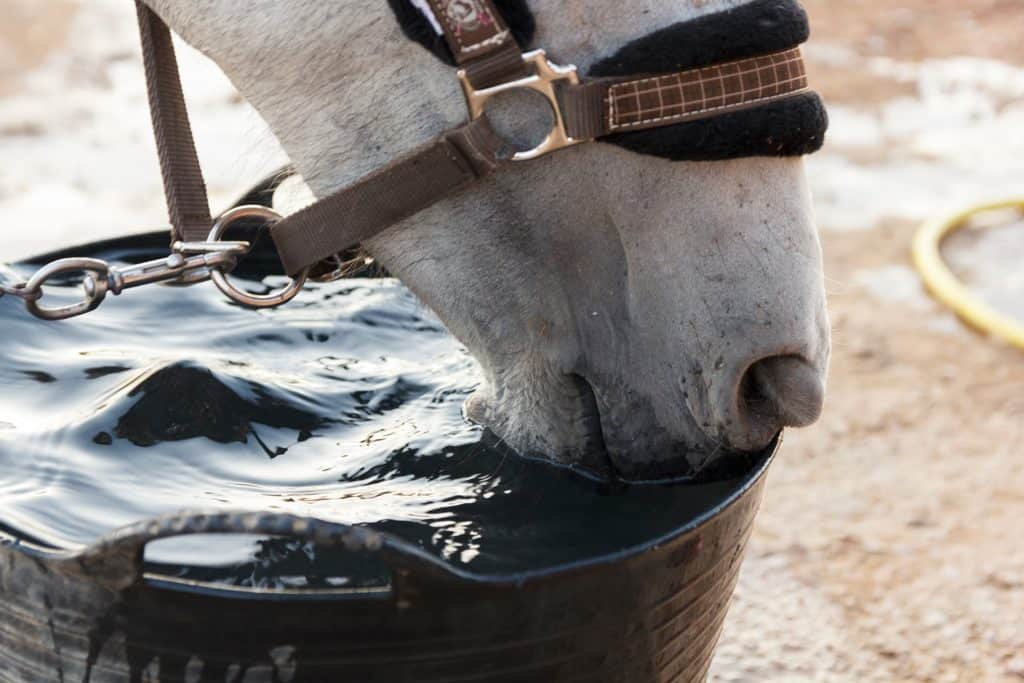
Supplementing Selenium
When does a horse need selenium supplementation, and what’s the best way to provide it? An equine nutritionist weighs in.

When does a horse need selenium supplementation, and what’s the best way to provide it? An equine nutritionist weighs in.

Be sure your horse’s hoof supplement contains these minerals to ensure it will positively impact his hoof health.

Do you have a messy horse that dumps her feed in the dirt? Try these tips to make sure she gets the nutrition she needs.

One equine nutrition expert describes why a horse might choose to drink water with electrolytes over plain water.

Feed donkeys lower-quality forages, such as barley straw or stemmy, mature grass hay, than you would feed a horse.

Find out why your horse might benefit from a “dunk bucket.”

An equine nutritionist explains why your horse might waste concentrate and hay and how you can combat this.

Typically, hay testing labs report analysis results on an as-sampled, as-received, or as-fed, and dry matter basis. Here’s what that means for how you feed your horse.

Learn about the nutritional needs of a mare with a foal at her side as she gets started back into work.

What should and shouldn’t horses with heaves (or equine asthma) eat? A nutritionist offers advice.

Can feeding copper help darken a horse’s coat and prevent sun-bleaching? Learn more about this important trace mineral.

When switching your horse to a forage-focused diet, first obtain a hay analysis and choose a ration balancer that fills the nutritional gaps.

One equine nutritionist offers dietary advice that might help reduce inflammation and guard against gastric ulcers during NSAID treatment for uveitis.

One expert explains whether horses that maintain body condition well on forage alone get enough protein from only eating hay.

An equine nutritionist offers advice about soaking beet pulp and ensuring it’s safe for horses to eat.

Before adding fat to your horse’s diet to improve his coat, be sure he’s on a balanced diet and that you’re grooming him regularly.
Stay on top of the most recent Horse Health news with
"*" indicates required fields